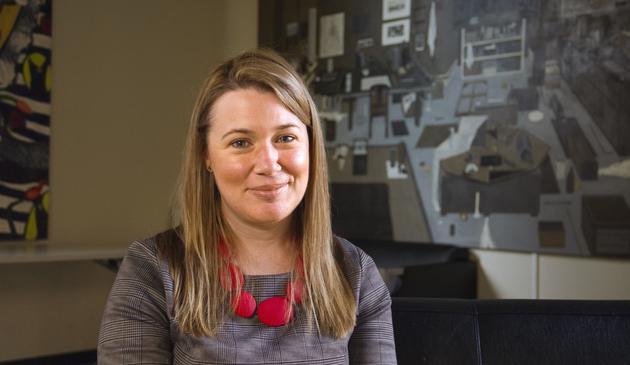The COVID-19 era sure has taught us a lot about resilience. Who would have thought six months ago that parents could work full-time from home while home-schooling children. Or that the economy would collapse, meaning tens of thousands of people are out of work. But there is hope.
Associate Professor Kimberley Norris, clinical psychologist, and expert researcher into isolation, says now might be the best time for mature aged students (non-school leaver) to either return to study or to begin for the first time.
“At the moment, based on what people have gone through, non-traditional entrants are actually the most likely to be in a space that they’re able to engage and benefit from further study,” said Associate Professor Norris.
“For year 12 leavers, the standard process is that ‘I leave year 12 and I start university’. And they have a much more sheltered experience, with fewer competing demands compared to students with existing careers and other commitments. It doesn’t mean it’s been easy for them, far from it.
“But when you think about our non-traditional entry students, they’re much more likely to be balancing a number of commitments at the same time. And then you overlay COVID on top of all of that, they’ve really been pushed to a level of functioning that is above and beyond what an adolescent would have been. Simply because of the responsibilities that they’re carrying.
“Yes at the time they might feel quite exhausted and overwhelmed, but from a cognitive or a brain-based capacity and resilience framework, they are really well-placed to capitalise on the increased brain plasticity by going through this process.
“Also there can be a sense of ‘well I’ve weathered a pandemic, I’m pretty confident I can weather study.’
The structure that can be afforded through study can be really rewarding and helpful, particularly when it’s delivered in a way that offers flexibility around other commitments.
Associate Professor Kimberley Norris says that for people who have lost their jobs or had reduced workloads due to COVID, starting study might help bridge that gap and provide a renewed sense of purpose and structure.
“Now could be, in many ways an opportunity that COVID has presented to them,” she said.
“Of course, another thing is that through our studies, not only can we grow as individuals, through structure, a sense of meaning and routine, it can also provide another avenue for us to give back to society as well.”
“Through (learning at university), they may feel better prepared to weather changes to their circumstances in their future or again to support others through that process.”
If you're worried about starting study, you're not alone says Associate Professor Norris. She says online study is perfect for those nervous about attending classes with others after not being in a learning environment for a while.
“The beauty of an online forum or a discussion board is that often you’re given the opportunity to reflect more on what you want to say rather than being in the heat of the moment as you might find yourself in in a direct, face-to-face interaction.
“So in some ways, online study actually quite a nice, sheltered introduction to the academic environment.
One thing that many staff do very very well at the University of Tasmania is the ability to build community through a range of different interaction opportunities that don’t rest on being in the same physical environment.
Associate Professor Norris says although COVID has been really tough, we have all learnt a lot about our resilience to change and overall capacity to cope through this difficult period.
“And going through experiences like COVID, or even commencing university studies, it actually creates opportunities for us to develop our skills and pushes ourselves beyond our pre-existing personal ability through that process.
So, it is what you put in, and if you’re willing to go into these challenges, you will grow as a result.
Main image: Tourism students at Bridestowe Lavendar Farm. Credit: Osborne Images
